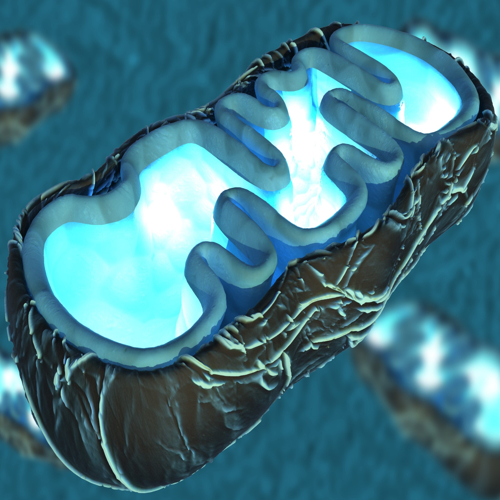Key points from article :
The first precision gene editing tool for mitochondrial DNA (mtDNA), developed.
This new tool is different from the well-known CRISPR/Cas9 method of gene editing.
They found that cytidine deaminase enzyme, DddA, had no effect on single-stranded DNA or RNA.
It could bypass the problem of getting the RNA guide inside the mitochondria.
But if left to run amok, it could destroy DNA everywhere it encountered it.
They found a way to stop DddA from changing to mtDNA by customizing it.
This allowed it to work as a precision gene editing tool.
Team hopes such tool could allow for more effective modeling of mitochondrial diseases.
As well as assist the development of therapies to address them.
Researchers from Broad Institute, University of Washington School of Medicine.
Also from Harvard University and other reputable institutions, published in Nature.









